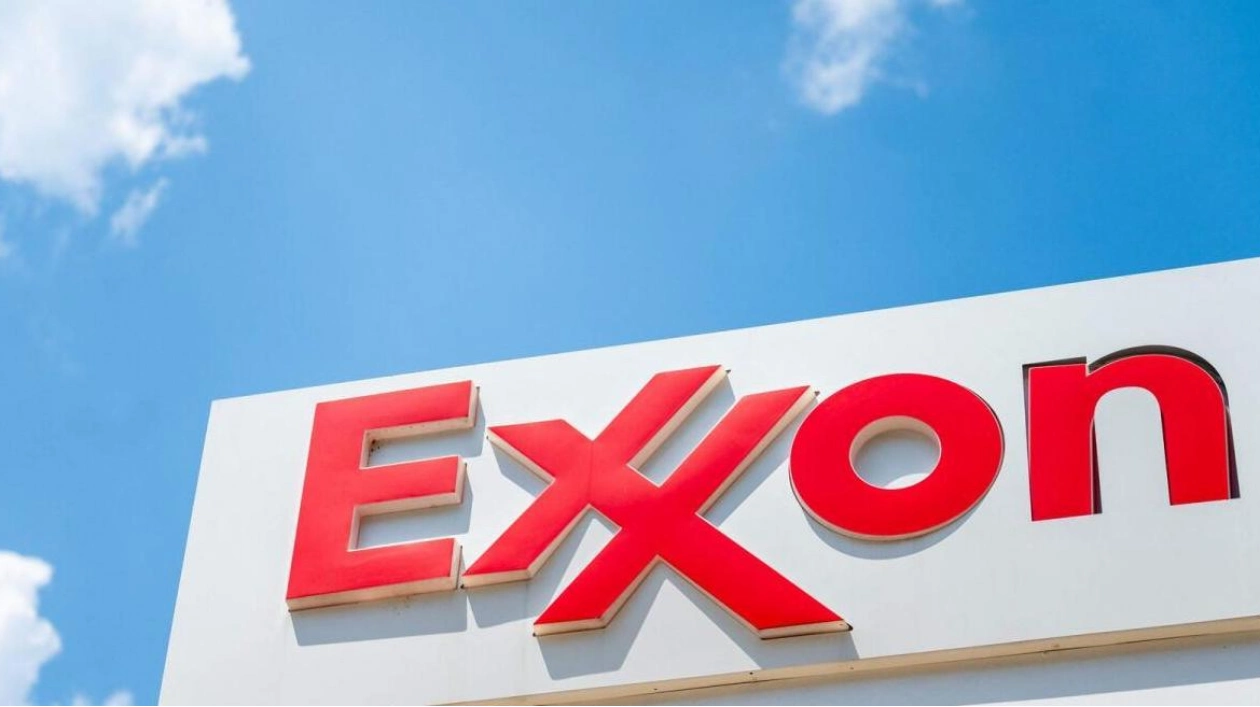ExxonMobil, the US oil and gas giant, stated on Monday that global oil demand is not expected to decrease by 2050, despite advancements in renewable energy. The company highlighted the growing global population and energy needs as key factors. In its latest report, ExxonMobil anticipates a stabilization of oil demand after 2030, maintaining it above 100 million barrels per day until 2050. This projection aligns with the International Energy Agency's figures for last year, which stood at 102.2 million barrels per day. This outlook contrasts sharply with BP's forecast, which predicts a decline to approximately 75 million barrels per day by 2050.
ExxonMobil's report also notes that approximately four billion people worldwide lack adequate access to energy. With the global population projected to increase from eight billion to nearly 10 billion by 2050, the company expects a 15% rise in global energy consumption. ExxonMobil emphasizes that while renewables will be crucial, oil and natural gas will continue to play significant roles. It estimates that these fossil fuels will account for over half of the global energy mix by 2050, even as electric vehicles reduce the demand for gasoline.
The company further explains that the majority of global oil usage will persist in industrial processes and heavy-duty transportation sectors such as shipping, trucking, and aviation. Despite these projections, ExxonMobil anticipates a 25% reduction in global carbon emissions by mid-century, driven by enhanced energy efficiency, increased renewable energy adoption, and the implementation of lower-emission technologies like carbon capture and storage.






